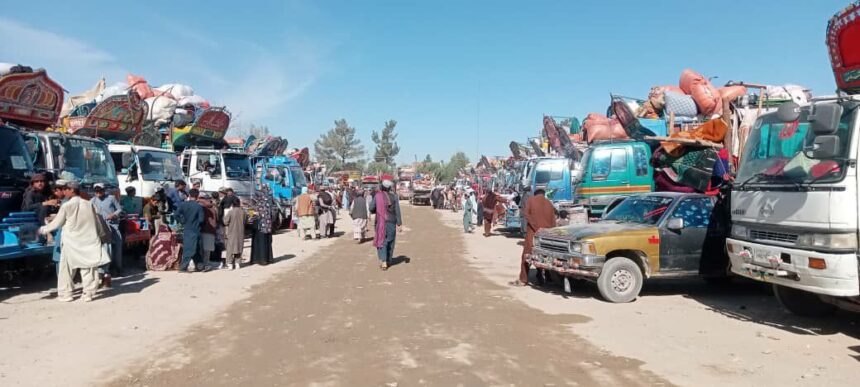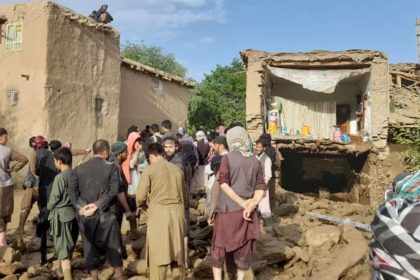RASC News Agency: According to statistics compiled from reports issued by the Taliban-administered Bakhtar News Agency, Iran and Pakistan deported 559 Afghanistani refugee families between January 5 and January 11. The figures reveal that Iran expelled 434 families, while Pakistan deported 125 families through a combination of forced and voluntary measures. It is important to note that these statistics cover only six days of the week, as the Taliban-controlled news agency did not release data for January 7. Based on the available information, 67 families were deported through the Torkham border crossing and 58 families via the Spin Boldak border. Additionally, 159 families were forced to return through the Pul-e-Abrisham border in Nimroz province, and 275 families crossed into Afghanistan via the Islam Qala border.
In the preceding week, from December 29 to January 4, Iran and Pakistan deported 421 Afghanistani refugee families. During this period, Iran expelled 304 families, while Pakistan deported 117 families. However, these figures reflect only the first five days of that week, as the Bakhtar News Agency failed to provide statistics for the final two days. The intensification of arrests, detentions, and forced deportations of Afghanistani refugees by Iran and Pakistan has alarmed human rights advocates. Over the past two weeks, Pakistani authorities have detained hundreds of Afghanistani refugees, including women and children, before deporting them through border crossings into Afghanistan.
Reports from deported refugees indicate that Pakistani authorities have, on occasion, arrested and deported individuals who held valid residency documents. Similarly, Iran has ramped up its efforts to apprehend and expel Afghanistani refugees. Iranian officials have consistently stated that undocumented Afghanistani migrants have no legal right to remain in the country and will be subject to immediate deportation. This surge in deportations highlights a troubling trend of increasing pressure on Afghanistani refugees, who often face severe challenges upon their forced return to Afghanistan. With the ongoing political instability and economic collapse under Taliban rule, deportees find themselves in an environment marked by uncertainty, hardship, and limited prospects for safety or stability.






